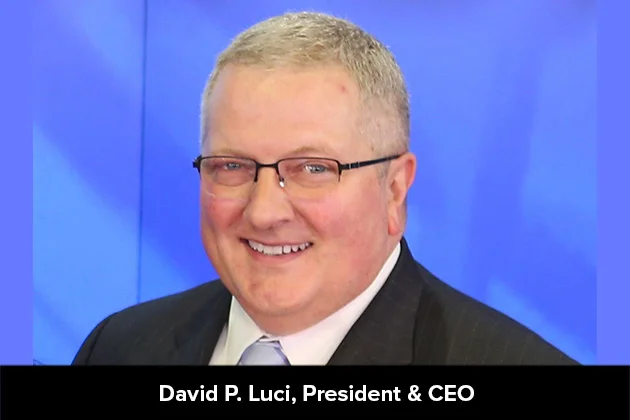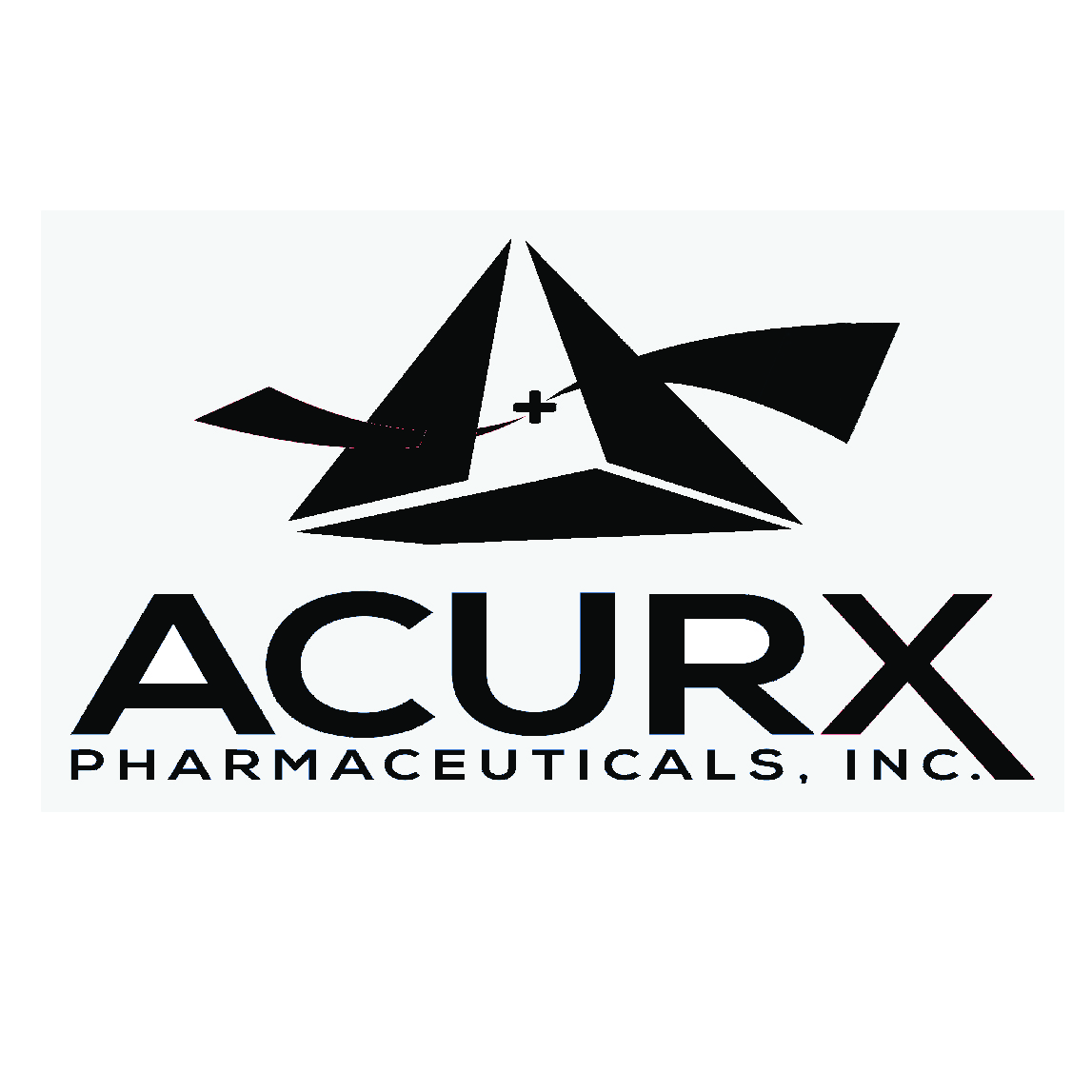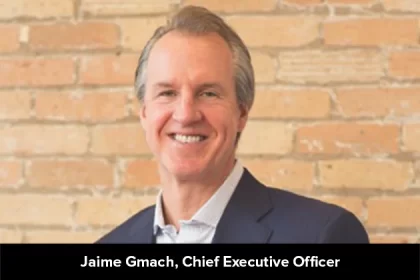Clostridium difficile infection is rising worldwide, infecting major populations each year. The infection results from disruption of normal, healthy bacteria in the colon, often as a result of antibiotics. If severe, the infection may cause intestine inflammation, life-threatening colitis and/or life-threatening C. diff infection or CDI. CDC has identified C. Difficile as an area of urgent need for new antibiotics given the incidence of 500,000 patients per year and 20,000 deaths per year in the U.S. Acurx Pharmaceuticals is on a mission to develop a new class of antibiotics to treat infections caused by C.diff. Acurx’s approach is to develop antibiotic candidates that block an entirely new molecular target previously unexploited in medical research, the DNA polymerase IIIC enzyme (Pol IIIC). David P. Luci co-founder and President & CEO of AcurxPharmaceuticals was with the CEOViews team to share details about their roadmap for antibiotic discovery.
CEOViews: Acurx Pharmaceuticals, Inc. is a development-stage biopharmaceutical company focused on developing antibiotics that address difficult-to-treat bacterial infections. How did it all begin? What was your mission at the outset?
David P. Luci: Our company began in February 2018 with the acquisition of ibezapolstat, our lead antibiotic candidate, from an entity formed by two retiring research scientists who discovered this innovative molecule while working at the University of Massachusetts. Our mission at the outset was to develop the first of a new class of antibiotics to treat infections caused by gram-positive bacteria, including C. diff, MRSA and others in two ways – first to develop ibezapolstat for C diff infection and to build out our pipeline of Polymerase IIIC inhibitors which now includes ACX-375 targeting treatment of infections caused by MRSA, a “home-grwon” product candidate that we discovered and developed after we got started. Our business plan from the beginning included exploring strategic alternatives for the company after successfully completing our planned Phase 2b clinical trial program yet we have the experiences and interest to continue to develop ibezapolstat through FDA approval and the marketing period if and to the extent partnership discussions don’t result in a favorable transaction alternative in the view of our board of directors. This is the same strategy we employed in prior companies that we co-founded and has been considered in the media as a “de-risking strategy” where the incubator company, in this case, Acurx Pharma, conducts clinical trials to move the program from drug discovery to Phase 3 clinical trials.
The seas have parted in a way for Acurx as our data has only gotten better and better while we see the failures pile up along the way.
CEOViews: Acurx Pharmaceuticals has been recognized as the, “Top 10 Innovative Brands of the Year 2023.” How was your journey so far?
David P. Luci: The journey so far has been quite exciting and better than expected in many regards although addressing daunting challenges along the way. The most obvious challenge has been the COVID-19 pandemic and how it has impacted clinical trials generally and C. difficile trials more specifically. That has caused significant management time and effort and we have developed novel methods or methods we at least had not experienced in the past to overcome the challenges presented by the pandemic environment. That said, the string of unanticipated successes have created a wonderful opportunity for our product, public health and our stakeholders and has certainly energied our team.
CEOViews: What milestones have you achieved in your entrepreneurial journey?
David P. Luci: Positives along the way include the discovery that the microbiome is restored directly or indirectly through use of ibezapolstat to treat patients with C. difficile infection.
This second dimension was unforeseeable and unexpected. We also did not know we would have such a strong secondary to primary bile acid ratio which leads to a low risk of reinfection post-treatment another strong add. We certainly couldn’t know the importance of the Dutch government’s contribution to under- standing the mechanism of action of Polymerase IIIC inhibitors, which is the mechanism of action for our product pipeline. We also couldn’t have anticipated the recently developed expansion of public-private partnerships in regard to antibiotic development which includes initiatives by the Repair Impact Fund and AMR Action Fund in addition to the advent of “pull incentives” which already are approved in the U.K. and under consideration in the U.S. All these factors, taken as a whole, were net very positive despite steering our small boat straight through the teeth of the COVID pandemic.
CEOViews: What type of pharmaceutical products does your company develop to treat bacterial infections?
David P. Luci: We are developing an entirely new class of antibiotics called Polymerase IIIC inhibitors which inhibit the Polymerase IIIC enzyme, which enzyme is the primary catalyst to make new DNA for newly created C. difficile bacteria and other gram-positive bacteria. The Pol IIIC enzyme only exists in certain gram-positive bacterial cells and so our antibiotic candidate leaves healthy cells alone.
CEOViews: Tell us a bit about your lead antibiotic product candidate ACX-362E or Ibezapolstat.
David P. Luci: ACX-362E, now named ibezapolstat is now in Ph2b clinical trial in patients with C difficile infection having successfully completed Ph2a clinical trials by end of 2021.
We are focused on substantive progress on our development programs and maintaining appropriate resource to achieve our key value inflection points.
Our Ph2a clinical trial was early terminated due to success having had 10 of 10 patients cured of C. difficile infection with 100% sustained clinical cures 30 days after end of treatment (i.e. zero reinfections). On the basis of these data, our scientific advisory board recommended early termination of Ph2a trial and moving on to Ph2b which we did in December 2021. Recently, FDA accepted our Interim Analysis Plan which allows our recently assembled Independent Data Monitoring Committee to review our Ph2b clinical efficacy data after just 36 patients are enrolled in our Ph2b clinical trial.
CEOViews: FDA has granted QIDP status for ibezapolstat.. What other clinical development plans do you have?
David P. Luci: Well FDA also has granted “fast track” designation for ibezapolstat (formerly ACX-362E). Our clinical development plans include applying, at the appropriate time, for both QIDP status and Fast Track designation for our second antibiotic candidate, ACX-375, which targets MRSA infections.
We have continued to work in the drug discovery phase of development to excavate other new Pol IIIC inhibitors to fortify our pipeline behind ibezapolstat and ACX-375. Pol IIIC as a clinical target is now validated by our 100% cure rate in our Ph2a clinical trial with zero reinfections.
CEOViews: What are the factors that differentiate Acrux Pharmaceuticals from the others in the marketplace?
David P. Luci: Well a couple of things. First, our business plan is to run a virtual model for as long as possible prior to staffing up for the marketing period. This is the de-risking strategy we mentioned. If we get into Ph3 trials we will certainly hire folks to ensure the smooth transition to a successful marketing launch. We don’t want to be one of these companies in the past 10 years to have a tremendous cash burn with no revenues “drinking the cool aid” so to speak before breakeven. I don’t need to mention the antibi- otics’ companies that have done this and failed. Recently, the seas have parted in a way for Acurx as our data has only gotten better and better while we see the failures pile up along the way. Pfizer, Sanofi, Summit, Finch. The list goes on and on while our data keeps getting better.
We believe this has to do with our mechanism of action which we continue to explore with our colleagues at Leiden University Medical Center (Holland) which shows that our ibezapolstat leads to a restored microbiome, has very favorable secondary to primary bile acid ratio and has other favorable properties that we will be unveiling in Copenhagen in April 2023 with two presentations. The fact that over 100x the concentration of ibezapolstat is reaching the infection site as is needed to kill the C diff bacteria is certainly quite positive. Much of these favorable properties were unforeseeable to start the program.
CEOViews: Please take us through the work culture within Acrux Pharmaceuticals.
David P. Luci: We are focused on substantive progress on our development programs and maintaining appropriate resource to achieve our key value inflection points. Throughout the pandemic, our “fundamentals” have only grown more strong and more diversified although capital raising through the market dislocation over the past three years due to a faltering economy, inflation, worldwide social and political strife and the pandemic have collectively created a significant challenge. But this challenge exists for all companies not just Acurx and we feel we are well positioned to navigate through these challenging times.
CEOViews: How does your Research and Development team help in initiating product development?
David P. Luci: Our executive chairman, Bob DeLuccia, started his career in 1972 at Pfizer and has taken out several antibiotics in his 3 plus decade tenure in big pharma both from a product development and marketing perspective. It is largely his experience and related contacts that have provided the building blocks to build a world-class R&D team, Scientific Advisory Board and Independent Data Monitoring Committee to oversee our R&D pipeline and projects.
CEOViews: How big a challenge it is to initiate and lead innovation? How is Acrux Pharmaceuticals doing it?
David P. Luci: Leading innovation in any clinical indication is a substantial challenge because institutional investors see more development risk in a program that is first of its kind until at least proof of principal in humans is established in clinical trials. This fundamental is even more pronounced within the antibiotics sector because so few institutional investors have interest in the sector as compared to investing in pharma R&D in more lucrative sectors like oncology or diabetes. This dynamic would change if the government approves the Pasteur Act or DISARM Act but for now it’s the world we live in yet the CDC and WHO virtually beg for innovators to develop new classes of antibiotics.
So, it is difficult to get meetings early on in the lifecycle of an antibiotics’ development incubator like Acurx, but as you progress to late-stage trials things pick up and it becomes easier to raise capital. Early-stage capital is largely self-funded by the co-founders and if and as inflection points are achieved, by angel investors.
CEOView: What are your long-term goals and short-term plans?
David P. Luci: Our long-term goals are to continue to use our expertise and resource to develop early-stage innovative antibiotic candidates derived from major U.S. research facilities to “de-risk” these assets to late-stage clinical trials or FDA/ EMA approval and proceed with pharma partnerships. By doing so, we will be performing a much-needed service to patients and public health by prolonging the usefulness of antibiotics as a treatment for life-threatening infections. Short-term plans include completing enrolment for our Ph2b trial in patients with C. difficile and preparing for Ph3 trials as we explore strategic alternatives on a parallel track, selecting the best of these two projects going forward as determined by our board of directors.












